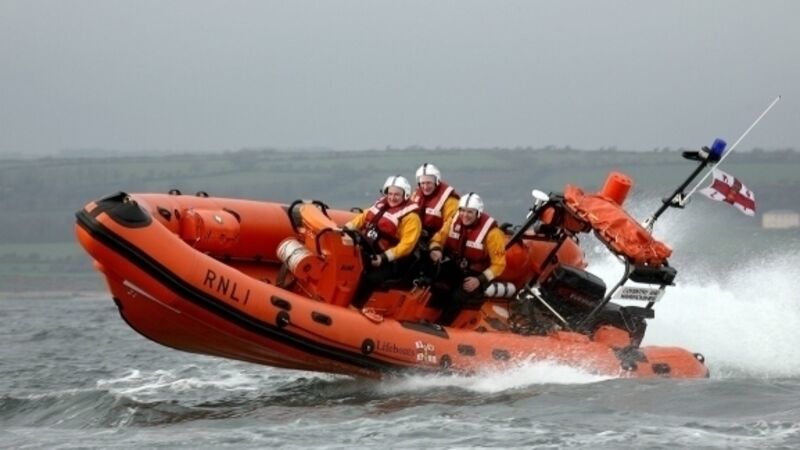Different standards adopted for those who want to put lives at risk

The search and rescue helicopter passed over my home at least once, and will have been ready to scramble at all times.
The RNLI lifeboats will have been on standby. The gardaí were undoubtedly called out in every county.















